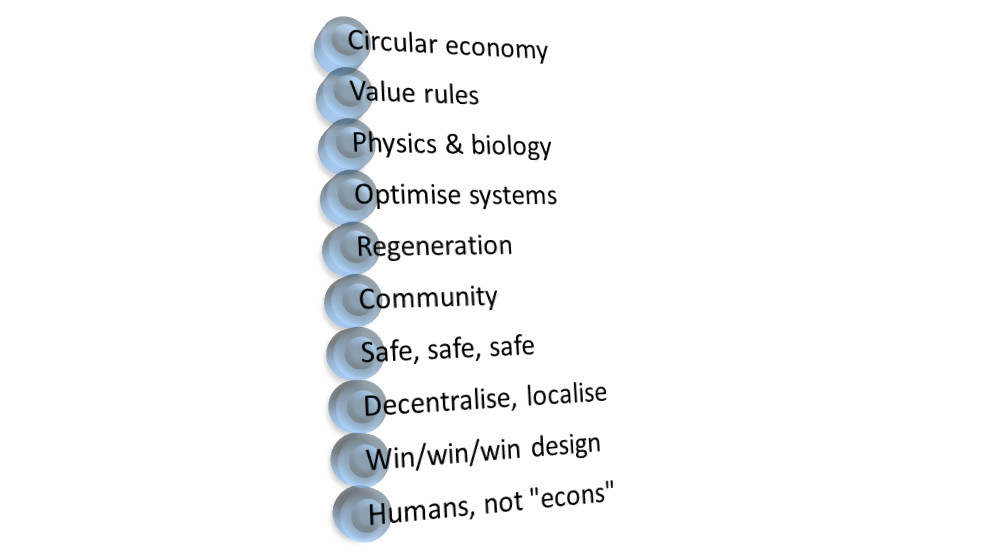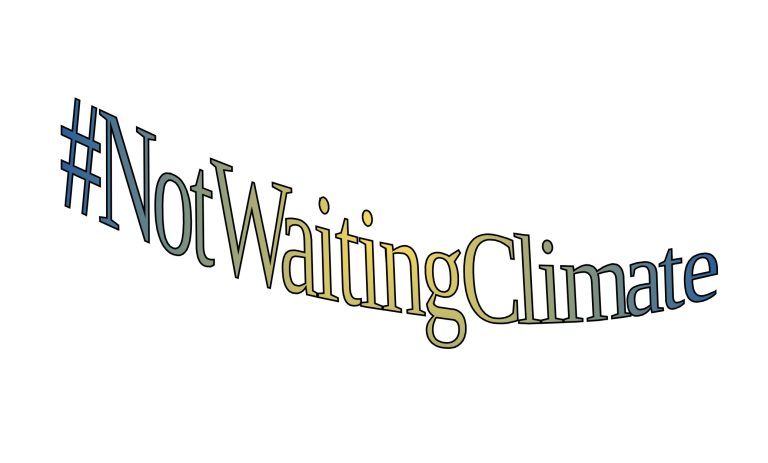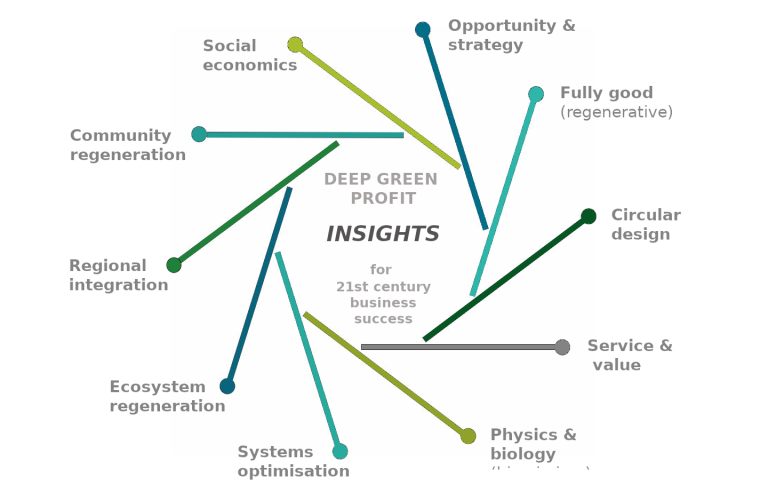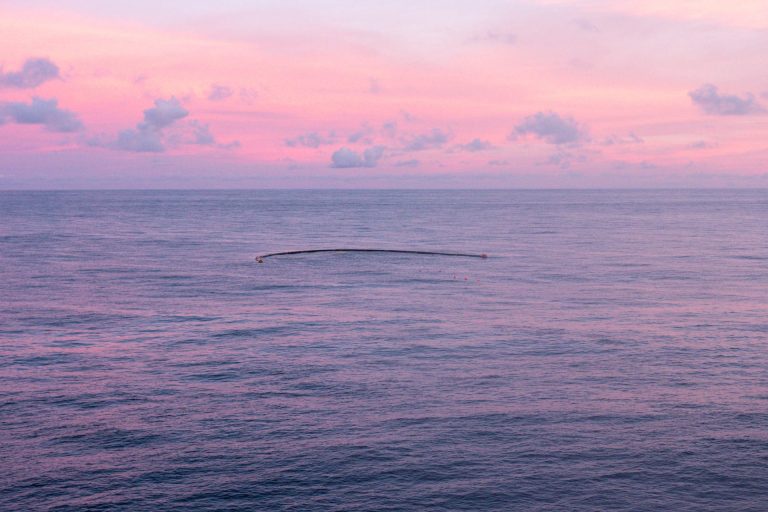Which of these 10 assumptions are blinding you to opportunity?
This is the first in a series of posts exploring the growing opportunities of strategic sustainability. We’ll dig into the 10 alternatives in depth over the next couple of months.
Once upon a time, psychologists and scientists used to believe that we see everything in front of us, then decide what’s worth exploring in detail.
More recently, neurobiologists have confirmed what philosophers have suspected for more than 1,000 years – that in our limited-energy, biological brains we see what we expect to see. This is cognitive blindness…
So to find something new, we need to identify and find ways to disable our habitual thinking. (Which is why new ideas show up when we go somewhere new, study something different or move into a new community.)
Most business people, most of the time, are operating on 19th and 20th century assumptions on how business works that are reaching the limits of their usefulness.
If you’re thinking about business in any of the following ways, you may be missing out on some cool opportunities.
1. Mine/make/use/dump [repeat]
Before the development of Cradle to Cradle Product Innovation and The Circular Economy, materials were 1-way propositions – buy them, use them, sell your product, forget the rest.
The opportunities of smarter design are starting to be realised – but they tend to slide under most people’s radar.
The alternative
We operate inside a finite system, so good design is about:
- Closed loop material flows for all non-compostable materials.
2. Product is king; growth is measured in sales of units
Until recently, our capabilities to measure outside our organisations were limited, so we only measured costs, sales and profits. Today we have massive amounts of information available to measure life cycles, values and our social and ecological footprint.
Those only measuring sales of products and commodity services could be missing out on better results.
The alternative
We want results, not stuff. Develop strategies to deliver growth in service and value, not volume.
3. Process using mechanical and chemical engineering techniques
Since we started blacksmithing tools and making soap, we’ve formed tools and products with heat and force using mechanical and chemical engineering.
The alternative
Explore beyond traditional, resource intensive process for ways to apply physics and biology with renewable energy and renewable materials.
4. Maximise process efficiency to maximise results
“More of the same, faster” is our primary approach to production of products and services, from bookkeeping to wide-acre farming. The focus on a single end product can hide a wealth of opportunity hiding in plain sight.
The alternative
“See it big, and keep it simple” Wilferd A. Peterson
Look at the larger system, seeking opportunities to optimise the system rather than individual processes.
5. Business is independent of ecosystems
While we view “the environment” as an obligation or charity where we make a contribution after we’ve done business, we loose the opportunity to explore new products, processes, value opportunities and markets.
The alternative
“Good business through ecosystem regeneration” creates a wealth of innovation.
6. Business is independent of community
While we “get on with business” and focus on getting product out the door, we can miss out on local opportunities. The push to deliver products to a growing market takes away from finding local advantage.
The alternative
Explore for innovative ways to meet local need from local resources and opportunities, creating local jobs (utilising global knowledge bases).
7. Waste is normal, toxic is manageable, disposal=burn/bury/dump
We’ve habituated to the idea of wasted. In industry, accountants have been calculating “standard waste” for decades. While waste is acceptable and standard, while toxins are tolerated, we don’t tackle the real challenge – beneficial design. (And we miss out the growing opportunities.)
The alternative
Design for safety and sustainability. There is no “waste” only valuable, beneficial by-products. We have finite resources, but infinite ingenuity.
8. Globalise, upsize, centralise – push products and services to market
We mostly take power from a 20th century grid and dispose of waste through centralised garbage systems and sewage lines. While we upsize and centralise service delivery, product delivery and waste disposal we can miss out on localisation opportunities informed by global innovation.
The alternative
Decentralise, downsize, localise. Bigger isn’t always better – sometimes it just creates a bigger mess.
9. Build first, retrofit for less bad after
“Begin with the end in mind” applies to product development, not just time management. Design in beneficial materials, closed loop systems, environmental regeneration and community development and you design out cost.
The alternative
Begin with the end in mind. Design for sustainability, circularity and systems that DO MORE GOOD – regenerating communities and ecosystems.
10. Rational, sensible, economic decision making
The latest research from behavioural economics to neurobiology confirms what philosophers have known for centuries. Human decision making isn’t rational – we avoid loss, follow our friends and stay with what we know. That goes for business decisions, too.
The alternative
Question traditional “economically rational” business cases and assumptions – and learn smarter ways to get things done in human systems.






